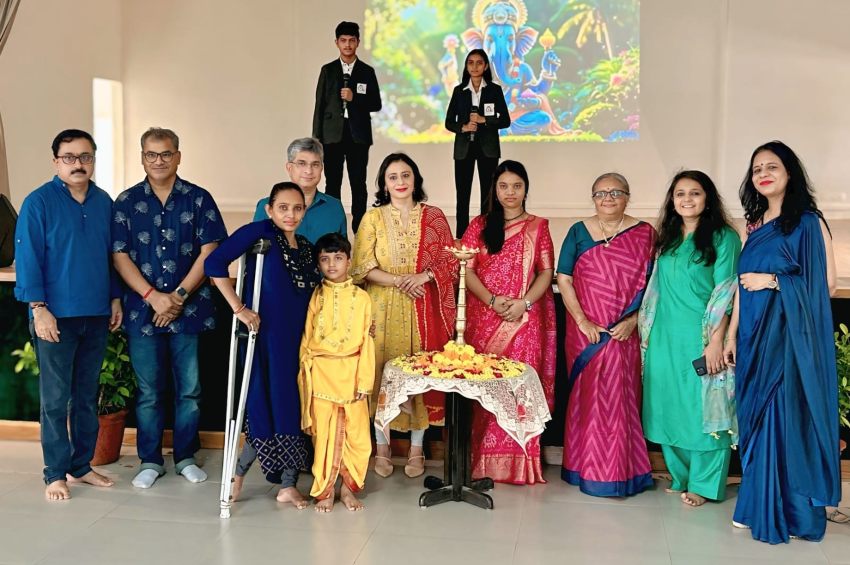Chapter 12 of the NCERT Class 12 History textbook is titled The Beginning of a New Era, and it looks at the changes that happened in India in the early years after Independence. It talks about how a free India started rebuilding itself politically, economically, and socially. The chapter explores how the Constitution was made, how democratic institutions were set up, and how the idea of India as a nation began to take shape. It’s a short but powerful chapter that helps us understand how modern India started taking form.
I chose to write about this topic because this chapter is often overlooked, but it’s one of the most important ones in the book. After learning about all the struggles and sacrifices in previous chapters, this one shows us what came next. It’s not just about leaders and laws, but also about the values and vision that shaped India’s future. If you want to understand how our country moved from being a British colony to a democratic republic — and how we tried to build a just society — this chapter gives a good foundation. For students, this is also useful for board exams and essay-based competitive questions.
What Does “The Beginning of a New Era” Mean?
This chapter focuses on the early years after 1947 when India became independent. It talks about how the country faced several challenges — from partition-related violence and refugee settlement to building institutions from scratch.
Here are some of the key ideas covered in the chapter:
- Making the Constitution: The Constituent Assembly worked for almost three years to frame the Constitution of India. It aimed to build a society based on justice, liberty, equality, and fraternity.
- Integration of States: Over 500 princely states had to be merged into the Indian Union. Sardar Vallabhbhai Patel played a huge role in this.
- Democracy and Elections: The first general election in 1951-52 was one of the largest in the world. It showed the faith people had in democracy.
- Economic Planning: India adopted the Five-Year Plans to promote development and reduce poverty. The Planning Commission was created for this purpose.
Challenges Faced by Independent India
Even though we had political freedom, there were a lot of challenges in the beginning:
- Partition and Communal Violence: Lakhs of people lost their lives or were displaced.
- Refugee Crisis: The government had to arrange food, shelter, and jobs for people coming from Pakistan.
- Language and Identity Issues: People wanted states based on language. This later led to the reorganisation of states in 1956.
- Poverty and Illiteracy: A large part of the population was poor and uneducated, so development had to be inclusive.
Download PDF: NCERT Class 12 History Chapter 12 – The Beginning of a New Era
If you’re looking for the official PDF of this chapter, you can get it directly from here. It’s free and perfect for reading offline or revising during exams.
NCERT Class 12 History Chapter 12 – The Beginning of a New Era



















